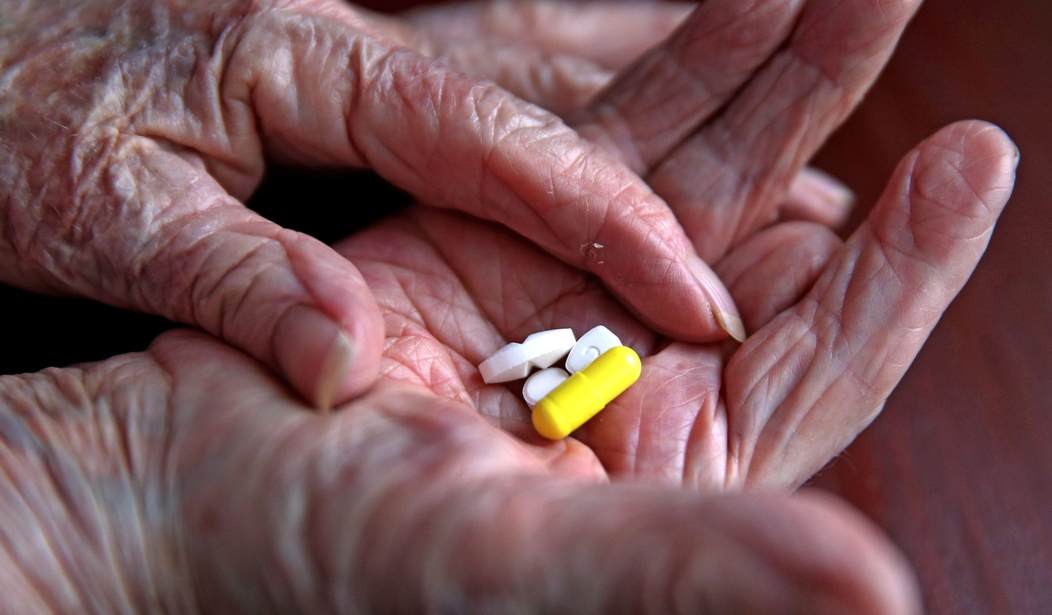WASHINGTON – The price of pharmaceutical drugs in the U.S. enables American innovation and brings cutting-edge medical treatments to the global public, a pharmaceutical representative told Congress today while responding to claims that constituents can’t afford medication.
Lori M. Reilly, executive vice president for policy, research & membership at the Pharmaceutical Research and Manufacturers of America (PhRMA), was responding to a line of questioning from Sen. Al Franken (D-Minn.) during a hearing before the Senate Committee on Health, Education, Labor and Pensions. She represents a group with the stated goal of driving down the price of pharmaceuticals in the United States. Franken cited a Bloomberg report showing the exorbitant drug price differences between the U.S. and the rest of the world.
The report listed prices for Advair, a drug used to prevent asthma attacks. In the U.S., the drug was listed in 2015 at about $300 for a prescription, and with a 50 percent discount on the list price an American might pay about $150. At the same time, a Canadian would pay about $75, a German about $37 and a patient in France about $34.
Franken asked why the price difference. “I think Americans really want to know this,” he said, while pointing out that the American taxpayer also pays for much of the up-front research for such drugs through the National Institutes of Health, the U.S. government medical research arm, which has an annual budget of about $30 billion.
Reilly said that the American system is different than its European counterpart in that it incentivizes companies for their innovation. Prices in Europe are also “artificially depressed,” and Europeans pay more for generic drugs, she said. She also noted the price drop after generics hit the market, following the required five years of exclusivity for pharmaceutical companies offering new drugs.
“Our country incentivizes new therapies and innovation to come to market,” she said. “Then when that period of time, when a patent expires, the exclusivity is gone, 90 percent, 95 percent of the market shifts overnight to cost generics. In that system that we have, we are able to support a broader innovation ecosystem.”
Chester “Chip” Davis, Jr., president and CEO of the Association for Accessible Medicines, described the U.S. as a carefully balanced system, which allows investment in the ability to bring “novel therapeutics” to the market. He said that American innovation also drives lower costs for other countries.
Sen. Elizabeth Warren (D-Mass.) called the skyrocketing prices of pharmaceuticals a “public health crisis.” She noted that the groups testifying before Congress on Tuesday spent a combined $30 million on lobbying Congress in 2016. PhRMA was responsible for nearly three quarters of that total, and Warren argued that a lot of that money was spent lobbying Congress to keep drug prices high.
“That’s what improves profitability for your industry and the companies you represent, and here is what I think is really wrong about this,” she said.
Warren argued that the entire industry is not based on market-based solutions but taxpayer-granted monopolies. Companies invent new drugs and the government hands them the exclusive right to manufacture and sell those drugs at whatever prices they want for decades, Warren said.
“Taxpayers watch when we’ve granted exclusivity to these companies, and they watch as the prices go up, and there’s not a darn thing that taxpayers can do about it,” she said. “This is just fundamentally wrong.”









Join the conversation as a VIP Member